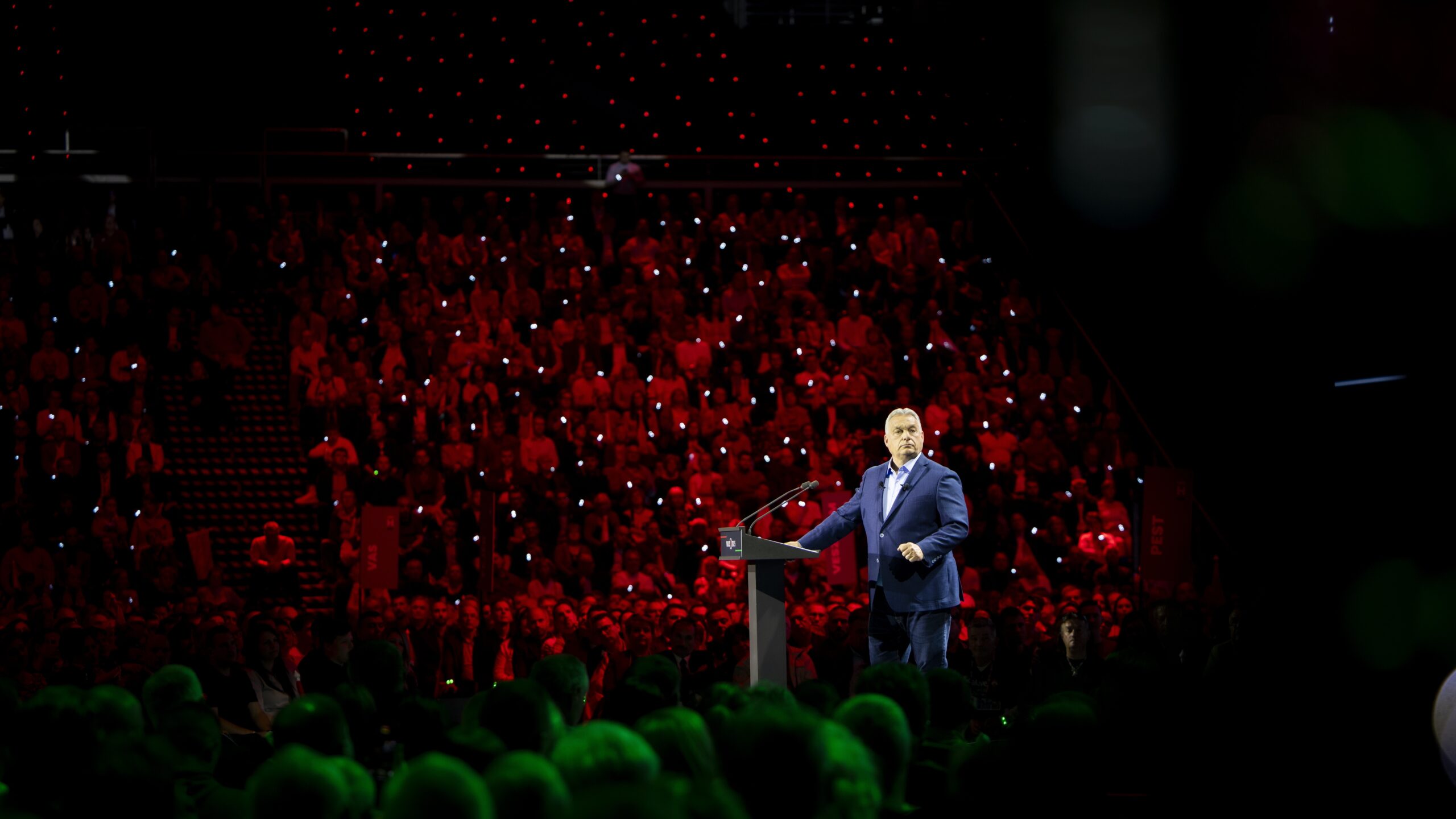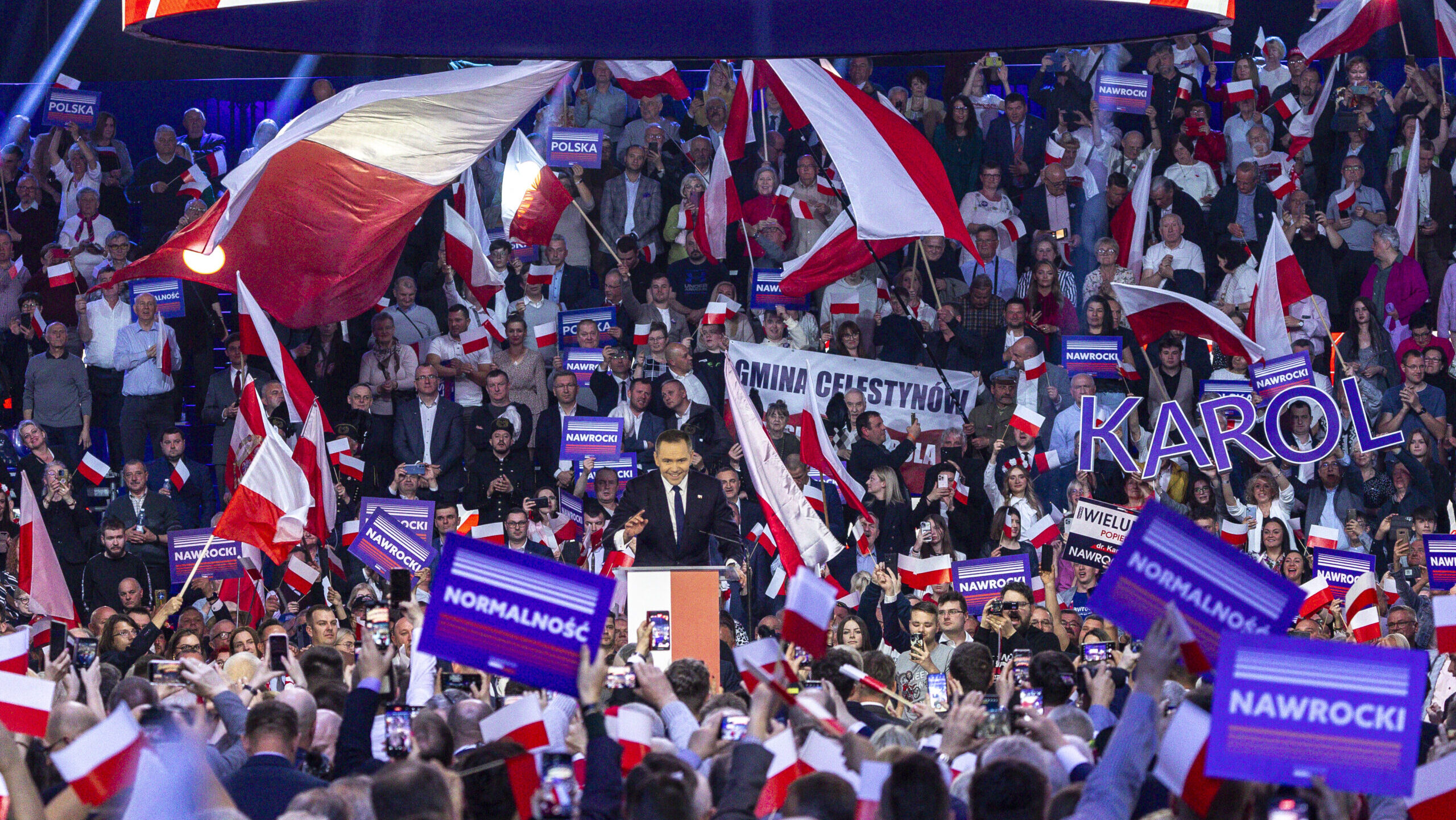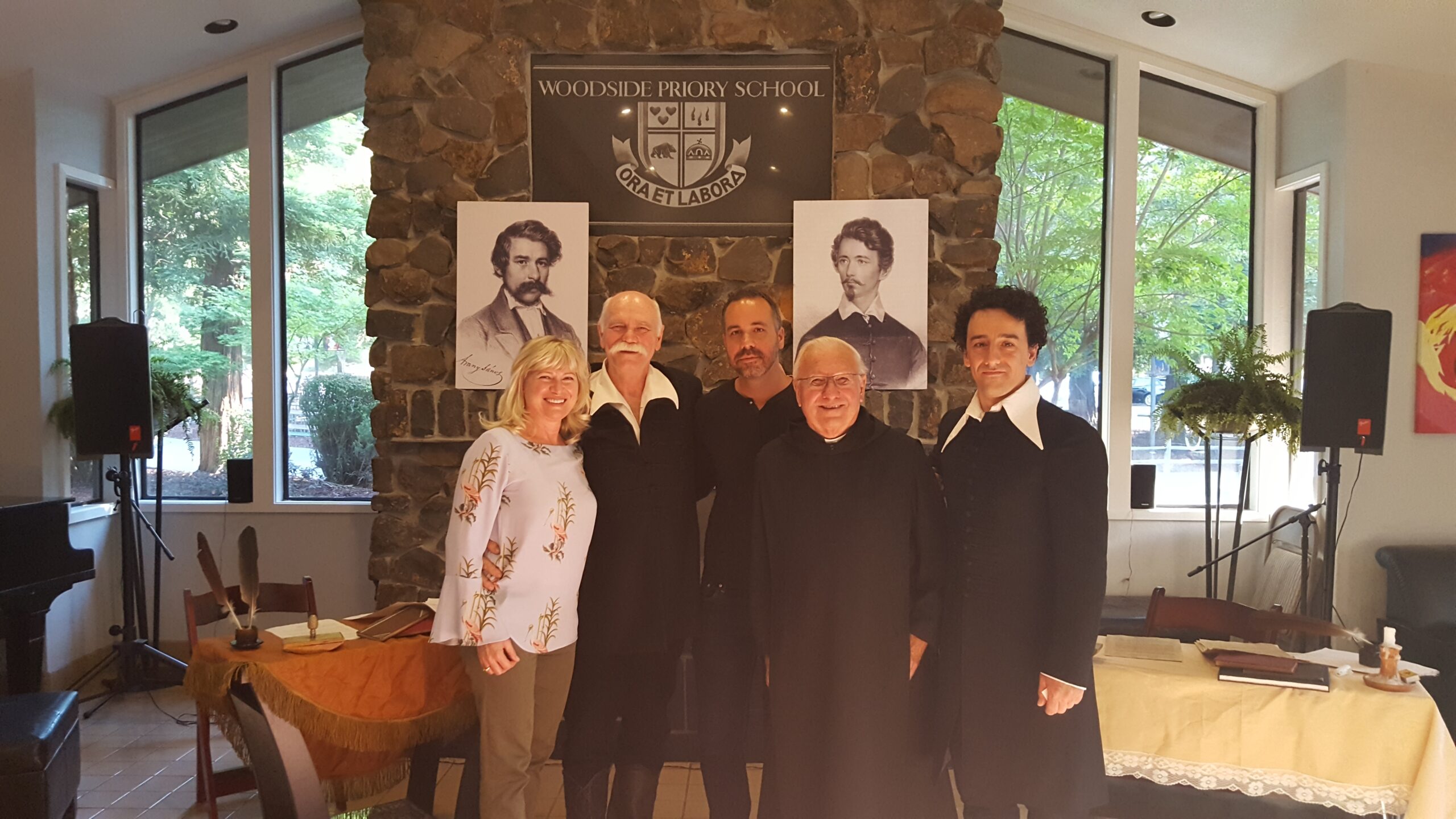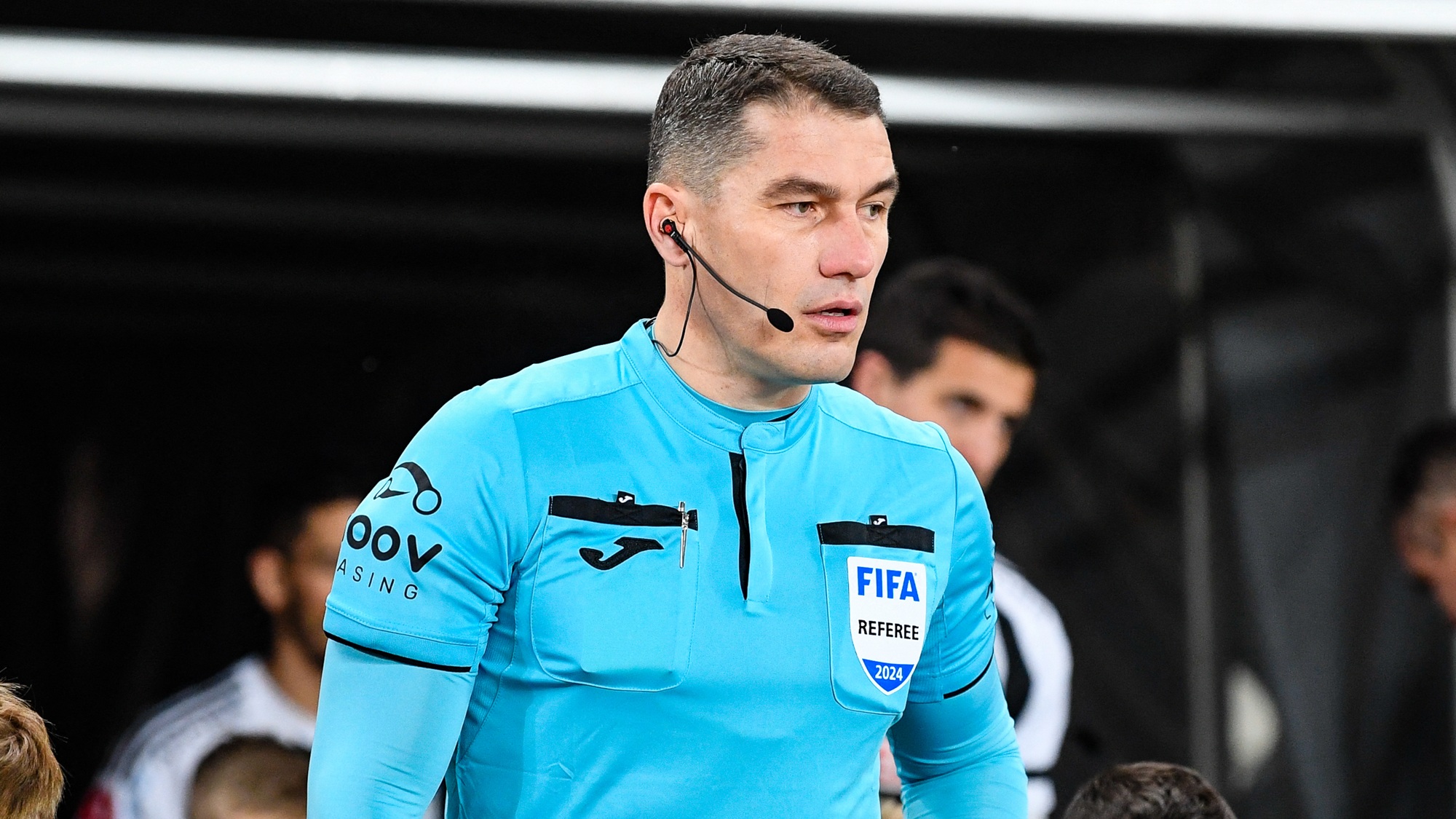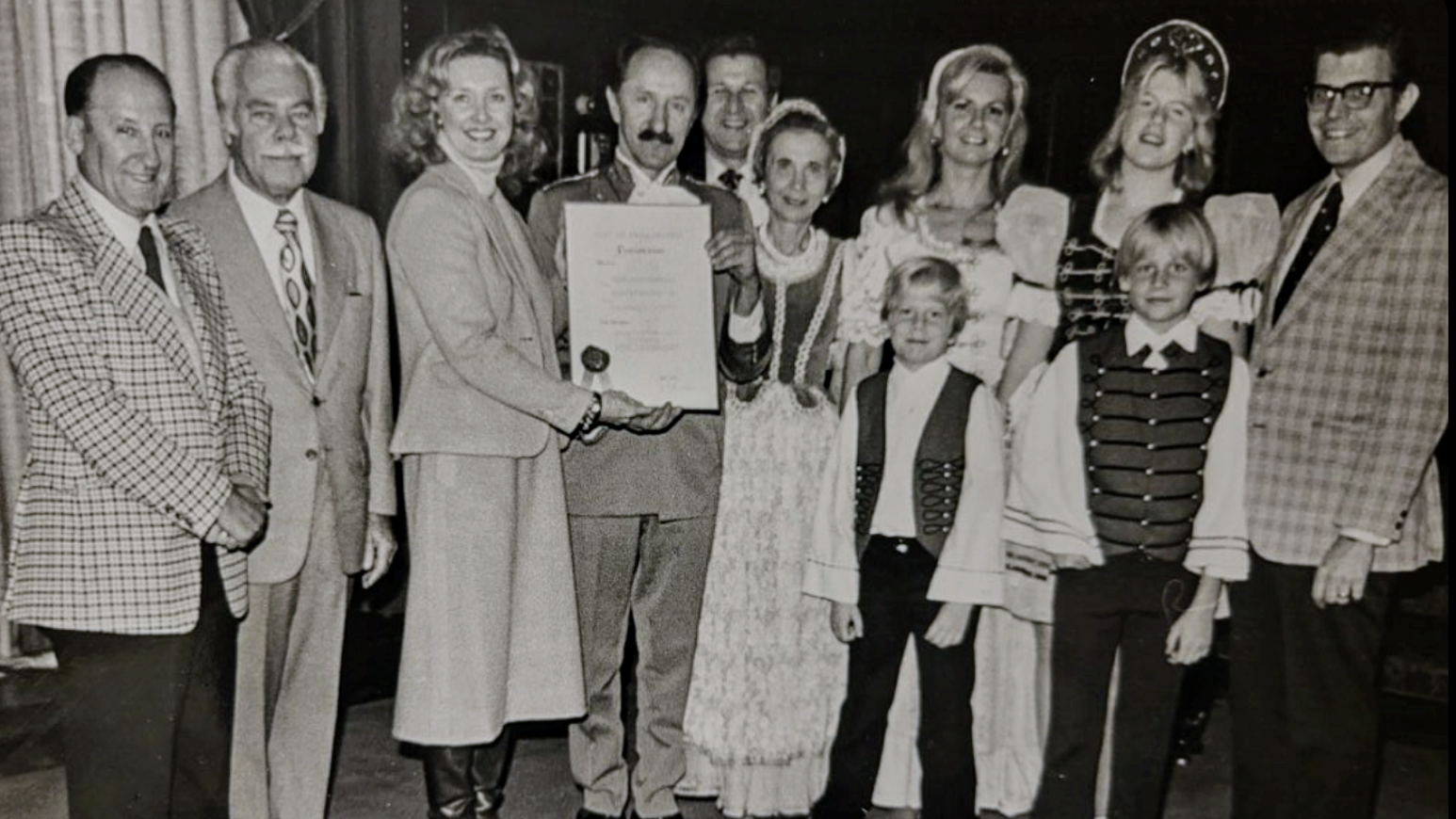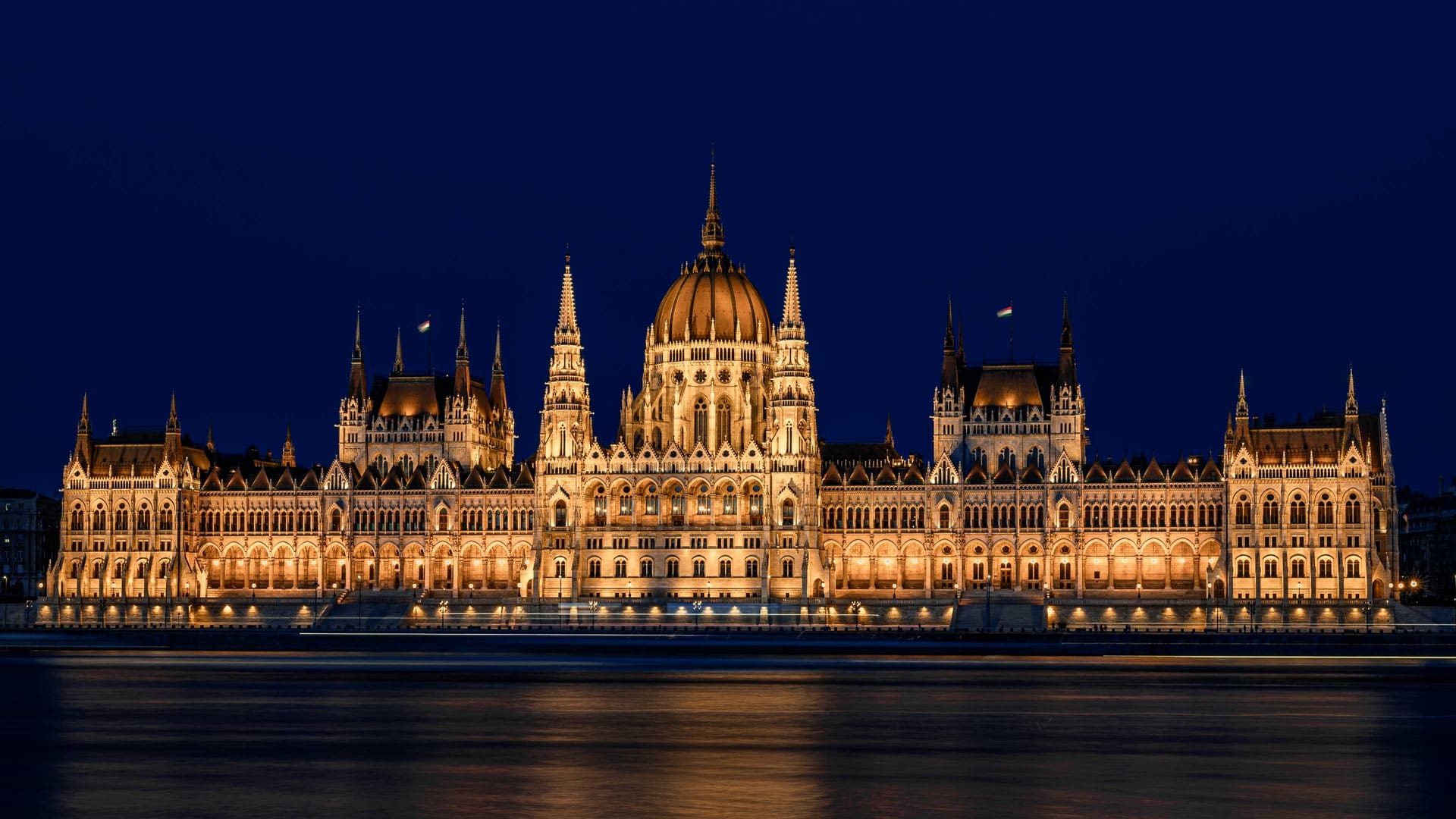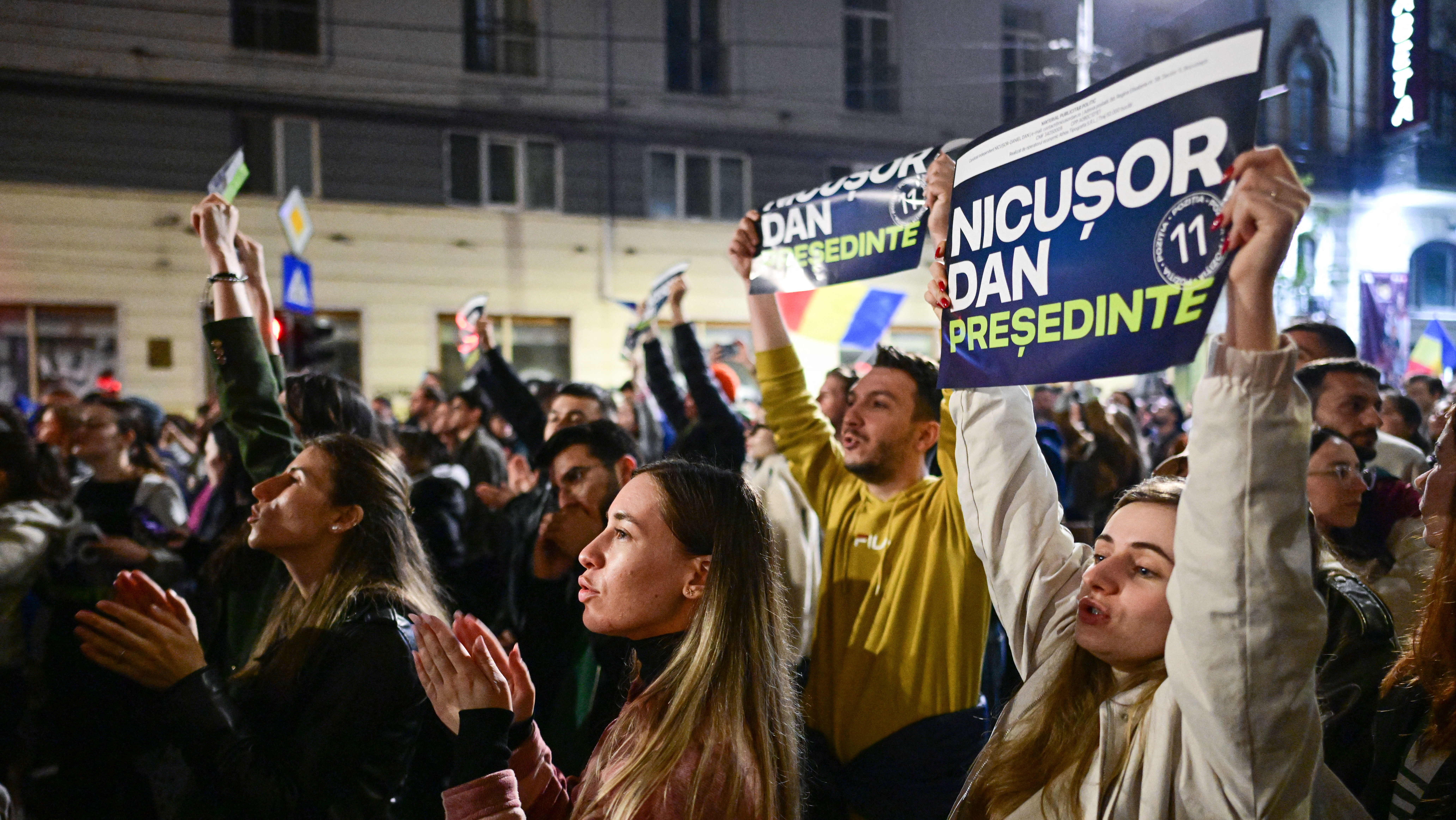
Hungarian Minority Delivers Victory for Nicușor Dan, Orbán Reacts
‘I look forward to working together on strengthening the cooperation between Hungary and Romania,’ Hungarian Prime Minister Viktor Orbán wrote in his congratulatory post to Romanian President-elect Nicușor Dan. The Bucharest mayor won by a landslide in Hungarian-majority counties, with more than 90 per cent of voters in Harghita casting their ballots for him on Sunday.

